29
September
2025
-
Rémi Le Druillenec
Written for Cosmétiquemag - How to win back travelers' attention and reinvest in travel retail?
It might be easy to be convinced of the health of the travel-retail sector simply by looking at its 60% growth prospects between now and 2030 (Research & Markets 2025). However, a closer look reveals that this market is currently in a very fragile state. For example, in the space of 4 years (2019-2023), the average shopping basket in Travel Retail has fallen by 16%, while air traffic has increased by 30% between 2022 and 2023 (Kearney study). Too much competition to blame? Not so sure. While a traveler spends 2 hours in an airport, he spends only 17 minutes shopping. The problem seems to lie with travelers' smartphone screens, who prefer to scroll through social networks and consume Netflix content to escape a perceived anxiety-inducing environment. How can we regain travelers' attention and reinvest in this market? Is it possible for brands to integrate other spaces into the travel experience? How can brands offer everyone the possibility of anticipating, deciding and organizing their travel experience?
Duty-free: a model on its last legs
This approach, inherited from the 60s, no longer seems convincing, especially for the new generations for whom the economic advantage of duty free is diluted, its shopping experience is outdated, and increasingly distant from their expectations in terms of service and advice. Today's duty-free experience is more like an obstacle course, where over-merchandised gondolas and Beauty Advisors bordering on olfactory aggression act as obstacles to be avoided on the way to your boarding gate. Exclusive travel-retail kits are hard to convince, while the low level of service and expertise of advisors (where they exist) discourage even the most daring. Perhaps the main mistake is to ignore the fact that this moment is part of a travel itinerary, particularly at a stage when most people have time on their hands. The majority of travelers are inclined to stroll, discover new things, be entertained, beyond reading price tags on shelves. 90% of them even say they would be willing to spend more if they were offered more personalized deals (Kearney, 2024).
How can we go beyond the choice of ribbon colors or bottle engraving? Wouldn't offering products linked to the country's culture echo more closely the experiences of travelers? Wouldn't bringing together the brand's products and local know-how make the offer more attractive? Wouldn't offering content relevant to a trip and connected to the brand's DNA enrich this point of contact, which is currently very lacking in emotion? One thing is certain: as long as brands fail to integrate the Duty Free touchpoint into their overall travel experience, their offer will appear, in the eyes of their audiences, to be of little interest and very disconnected from their searches.
Business lounges, oasis of attention
For more and more travelers, the desire to get away from the airport environment is making itself felt. 42% of them visited a lounge in 2024, and 62% said they were willing to pay to improve their airport experience, with access to lounges among the top criteria (Airport Dimensions, 2025). For this CSP+ clientele, in search of comfort, tranquility and top-of-the-range service, the hustle and bustle of duty free seems far away. Wouldn't they still be interested in services from premium brands or luxury houses? Couldn't the hushed, sometimes boring world of lounges be awakened by appropriate brand activations or partnerships? Emirates has inaugurated a Moët & Chandon space in its Dubai lounge, offering four cuvées accompanied by gastronomic creations. Air France, meanwhile, has developed an exclusive partnership with Clarins for its spas, offering express facial treatments to alleviate the effects of travel-related fatigue.
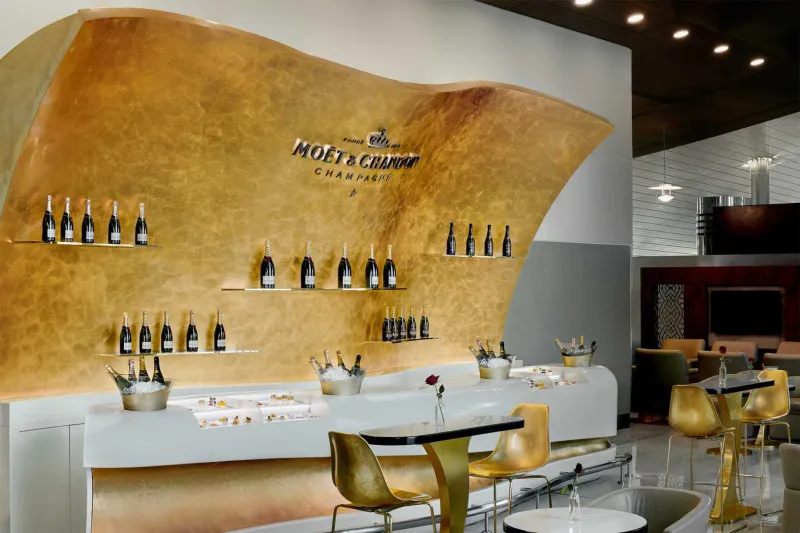
In partnership with Qatar Airways, La Maison Louis Vuitton has inaugurated a gastronomic lounge in Doha, where waiting becomes a culinary experience. Lounges have the potential to become true experiential ecosystems, in tune with their clients' quest for the exceptional. Could we imagine the future programming of these spaces (take-over and entertainment), where travelers would be invited to discover the worlds of guest brands and their unique know-how? Taking advantage of this suspended time to establish an emotional connection with these brands? A point of contact whose function would not be to sell a product at any price, but to take the time to make people aware of it, and even to build loyalty.
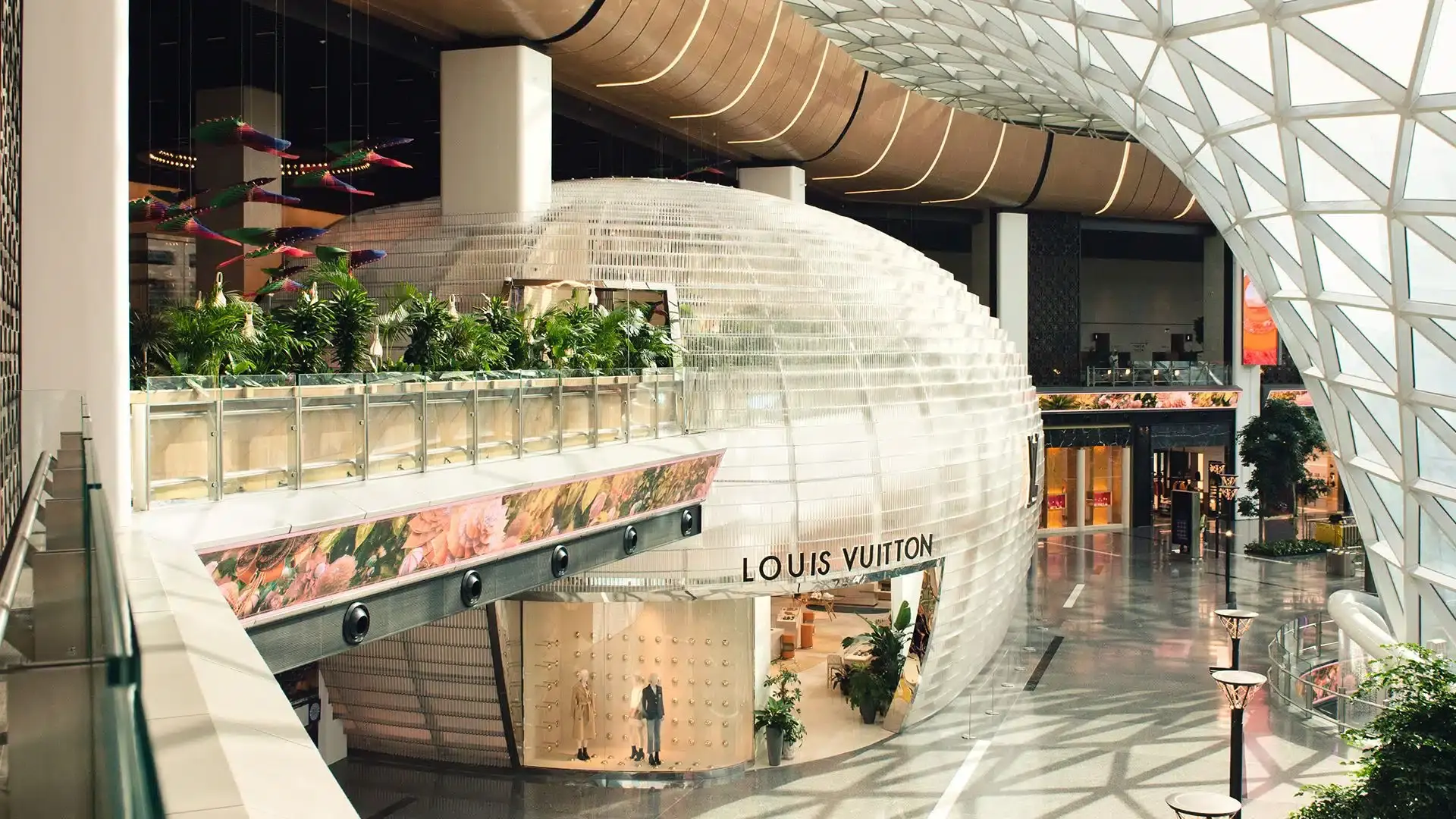
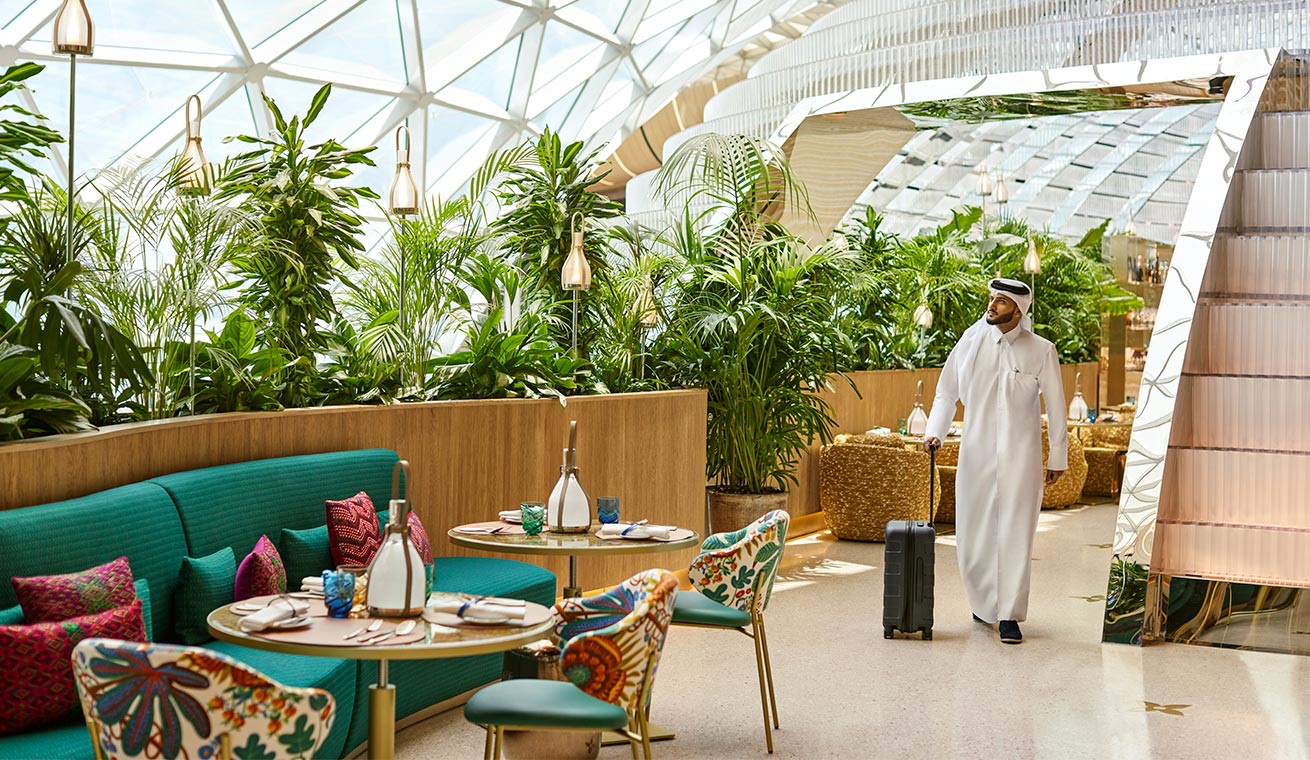
Before/during/after travel: the new Travel Retail model
The future of Travel Retail will undoubtedly be written in an O+O (Online + Offline) approach, covering all stages of the journey and giving travellers the opportunity to organize their itinerary as effectively as possible. In today's fast-paced world, the ability to book products or experiences at airports before departure seems to be an increasingly attractive option for travelers, according to the Kearney study. This represents a tremendous opportunity for brands to capture additional data and get to know their customers better. Brands could therefore imagine experience devices covering the entire journey, with a start online, an intermediate stage at the airport and a continuation in-flight to establish a long-lasting connection with their audiences. Oman Air, in collaboration with Amouage, offers a complete immersion experience in the world of the Omani perfume house: toiletry kit, signature products and, above all, a pastry inspired by its famous Guidance fragrance. This type of initiative sketches out a new vision. In an airy space where everything is more evanescent, the brand-customer relationship becomes more intimate, more inspiring.
With generations X and Y turning away from traditional business models, Duty Free brands and retailers will have to redouble their ingenuity to capture travelers' attention and make their value proposition clear. The product itself will not be enough to win them over. Travelers will want service, escape and exclusivity (real this time). For this, the intervention of AI will be decisive in guiding them through the journey, with suggestions based on the traveler's past purchases or personal preferences.
The emotional approach, made possible by the development of new formats where the connection with each traveler will offer a real break with the retail halls, will become the norm. Only then will we be able to convince travelers to turn off Netflix and enjoy their Travel Retail experience to the full.
Article available in print version of the October 2025 issue of Cosmétiquemag
Héroïne is the art of designing experiences that leave a lasting impression. Scenography, space design and sensitive storytelling at the service of your world and the people who inhabit it.

.svg)
.svg)
.svg)

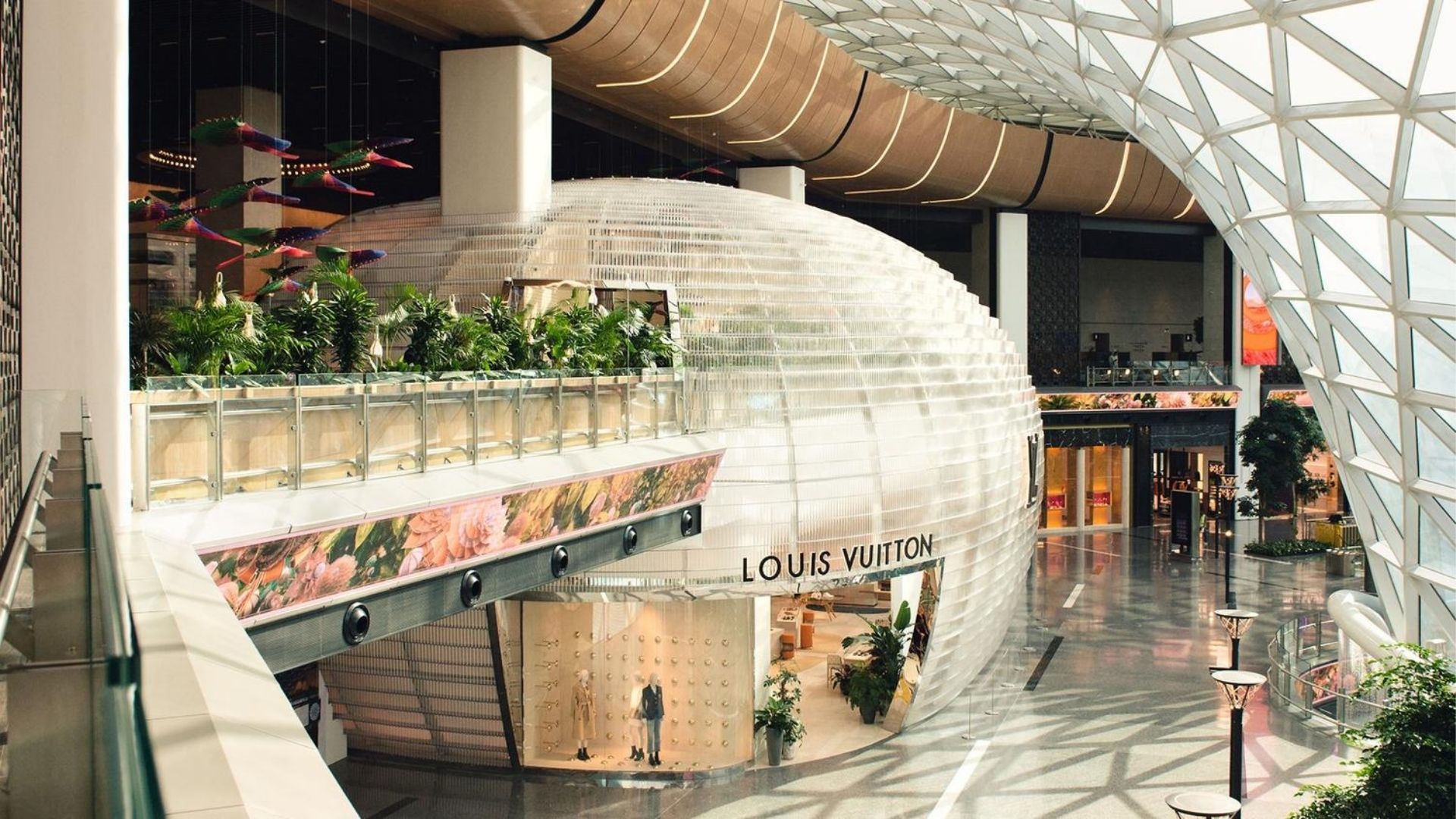
.svg)
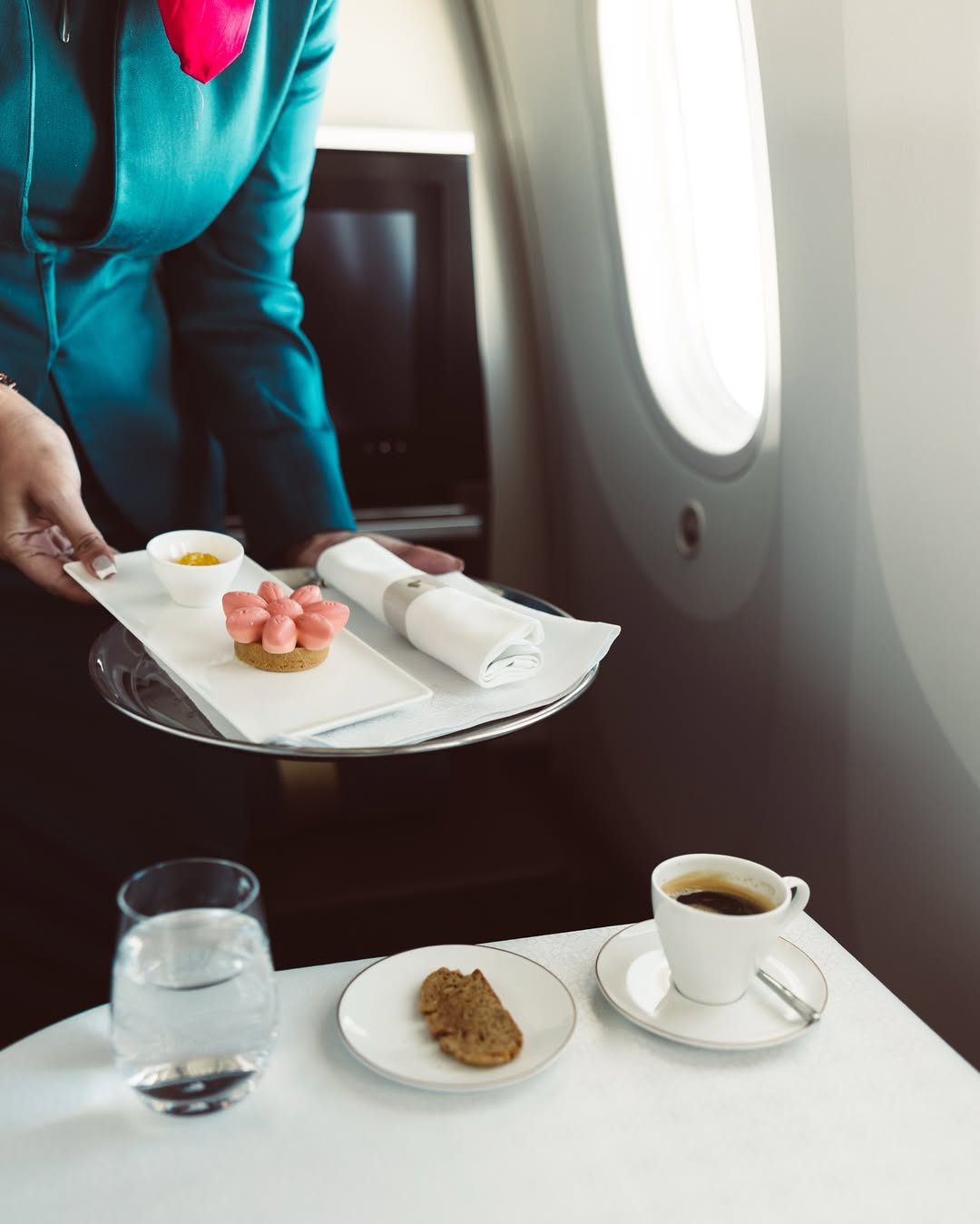
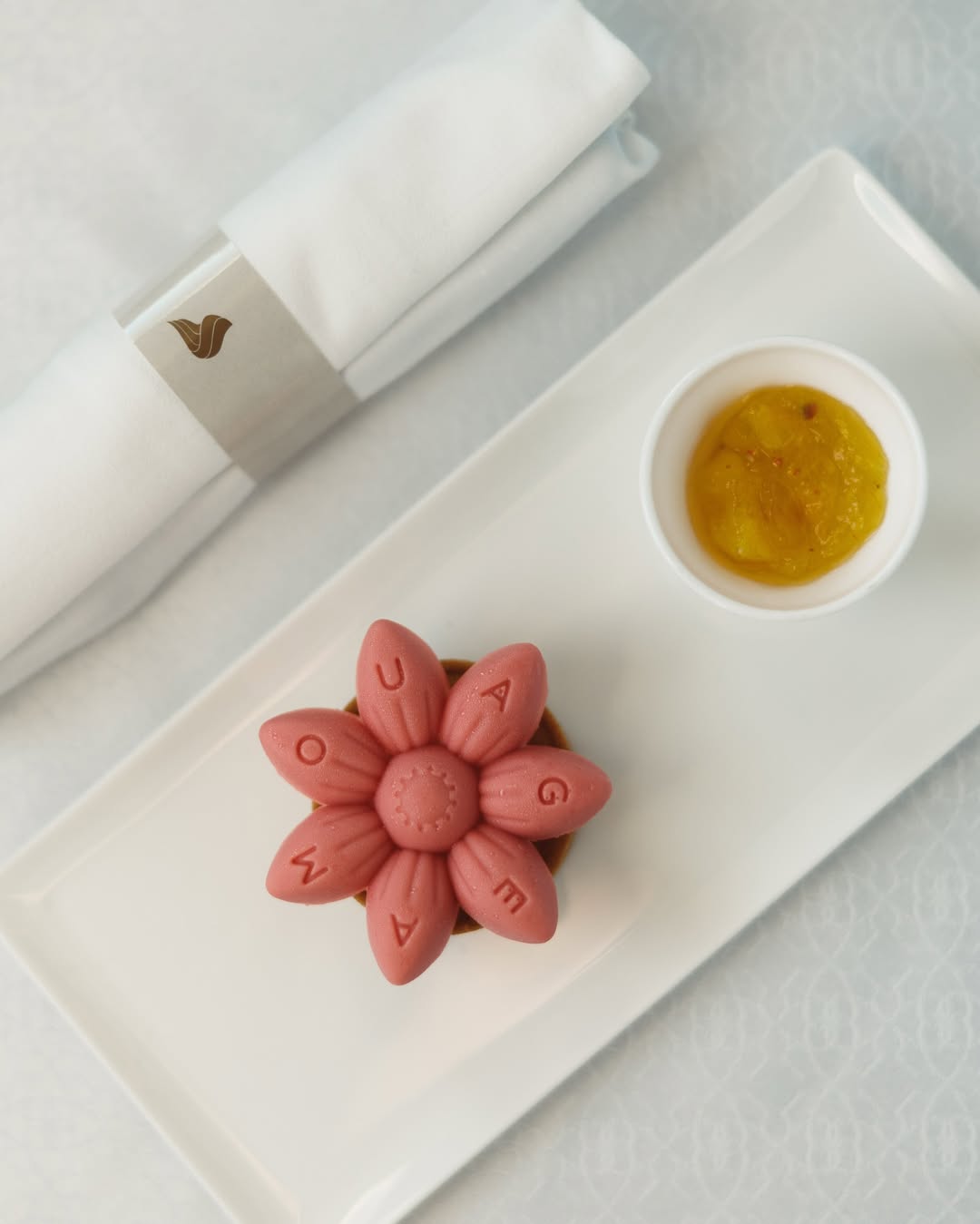



.webp)
.svg)

.svg)